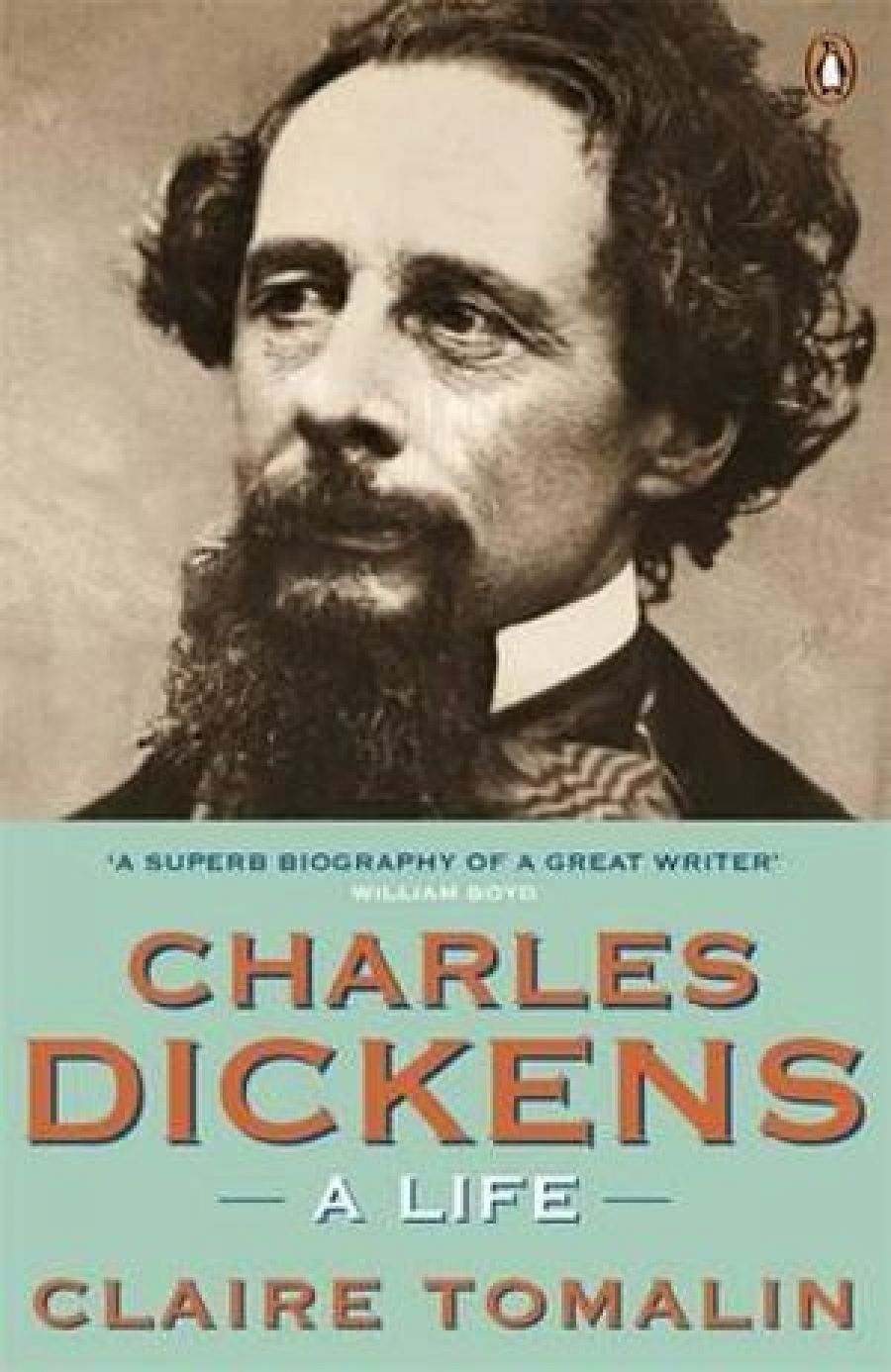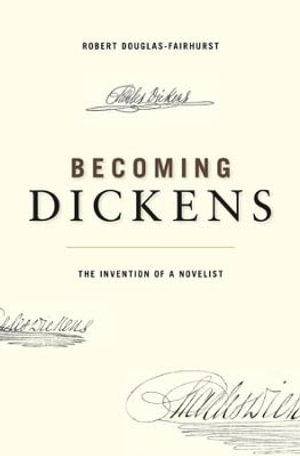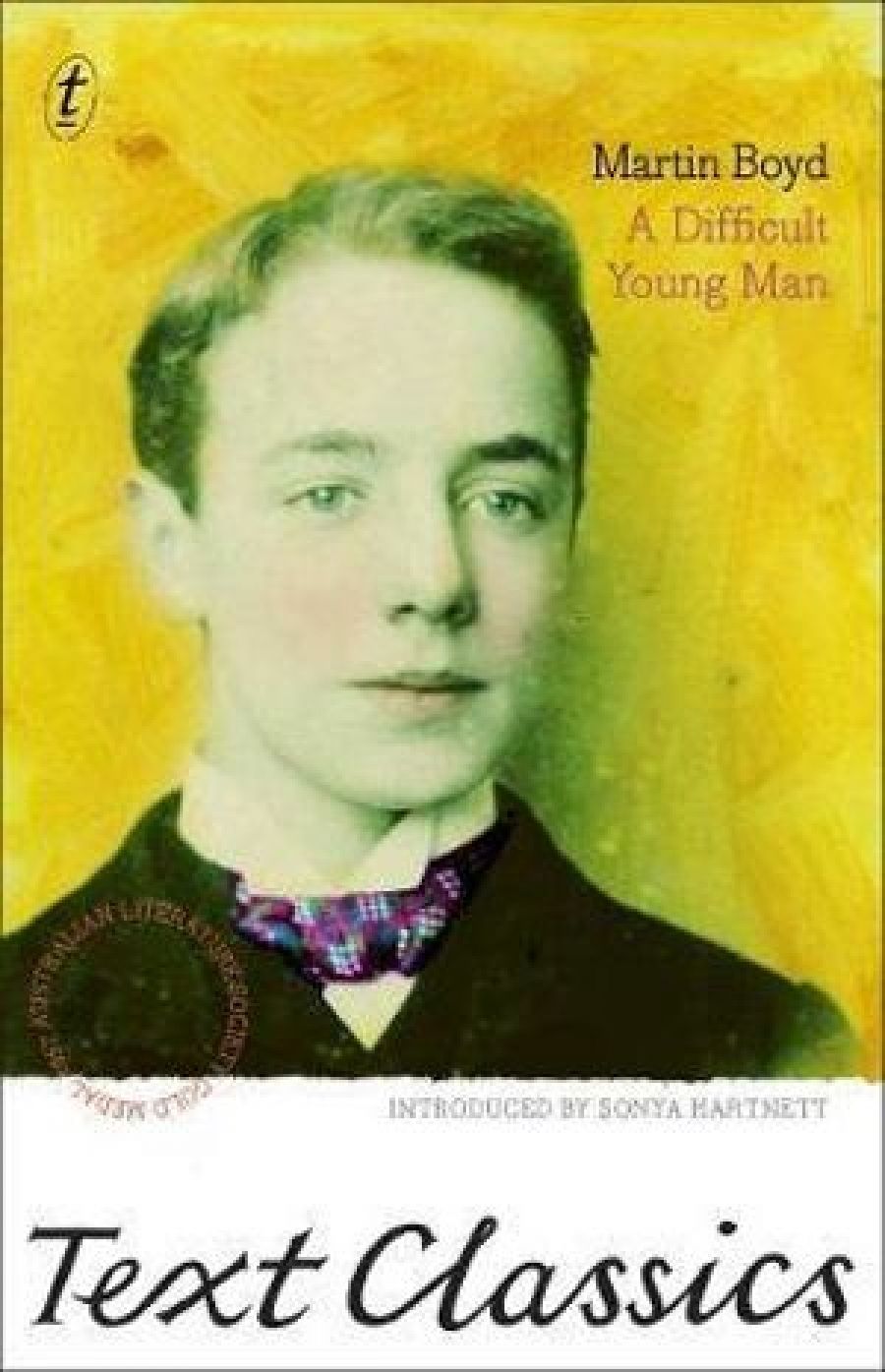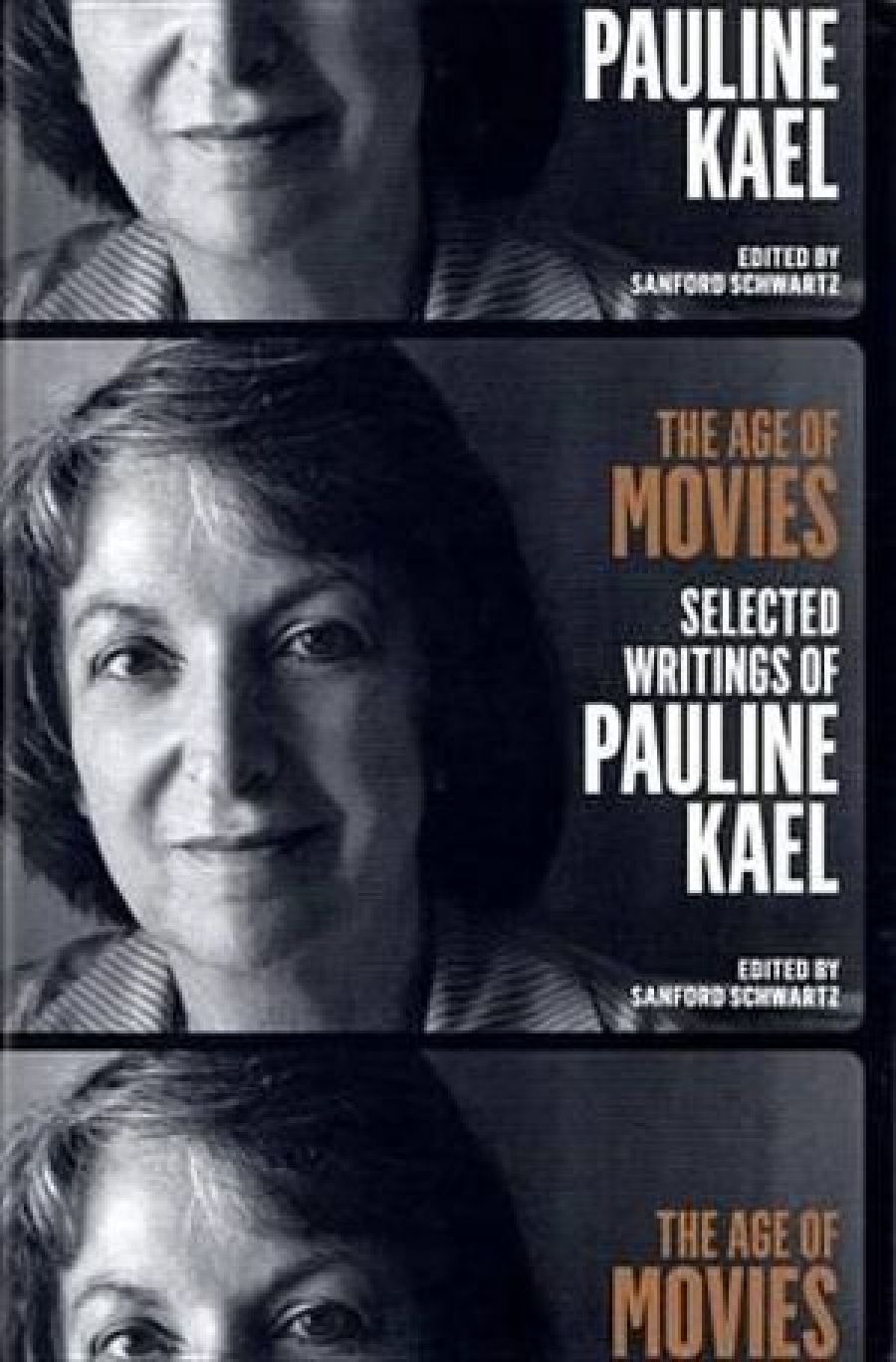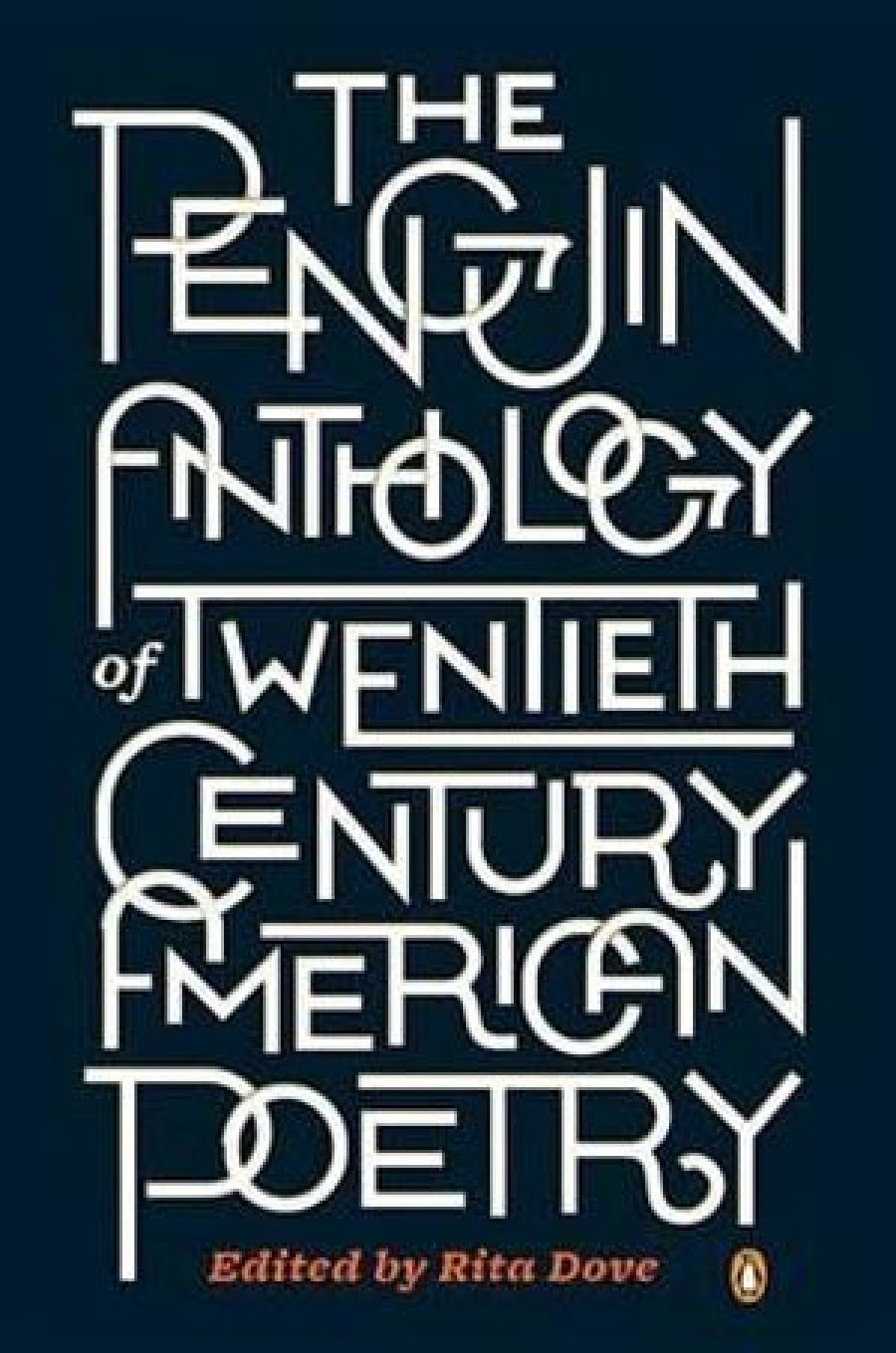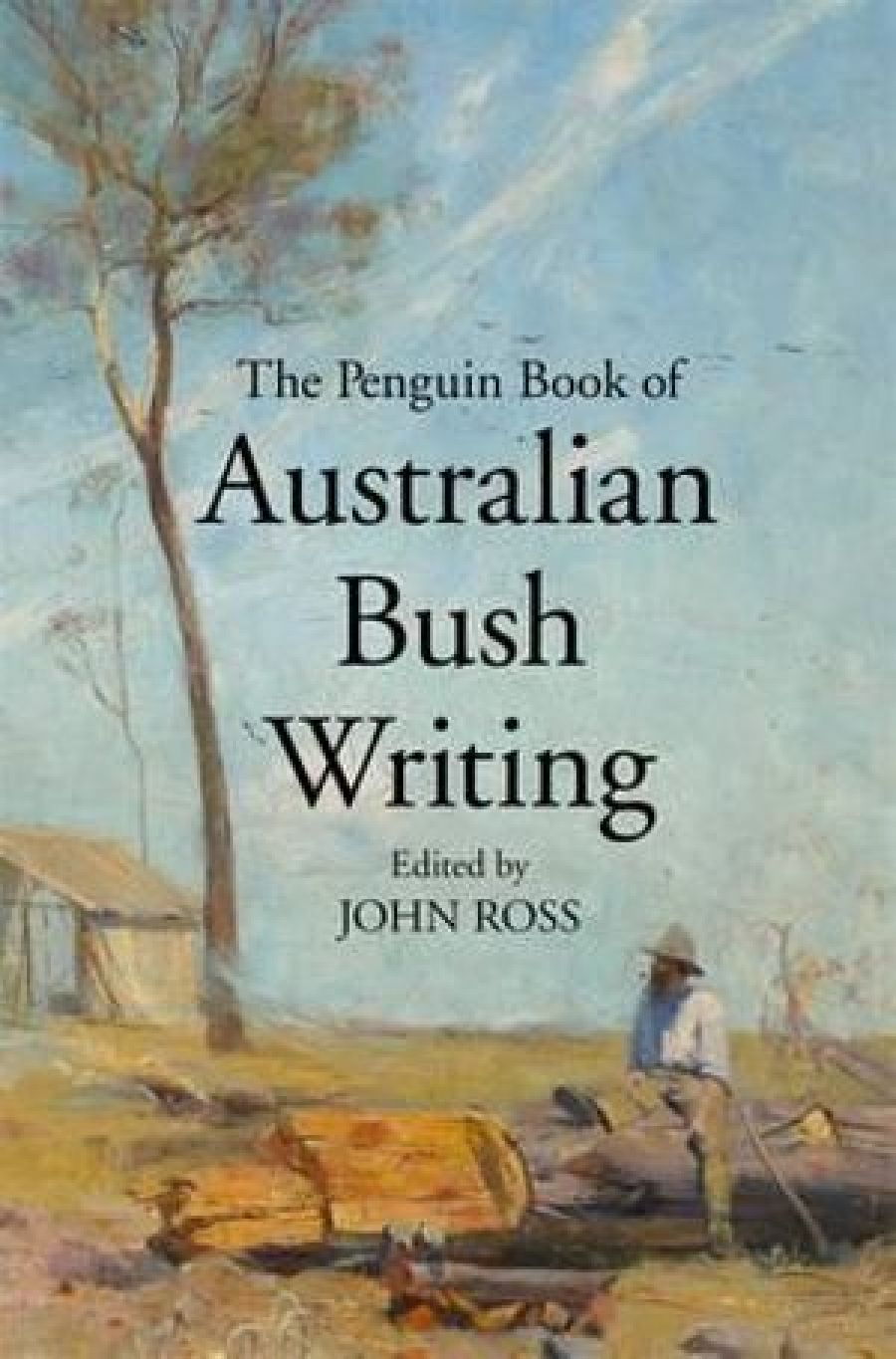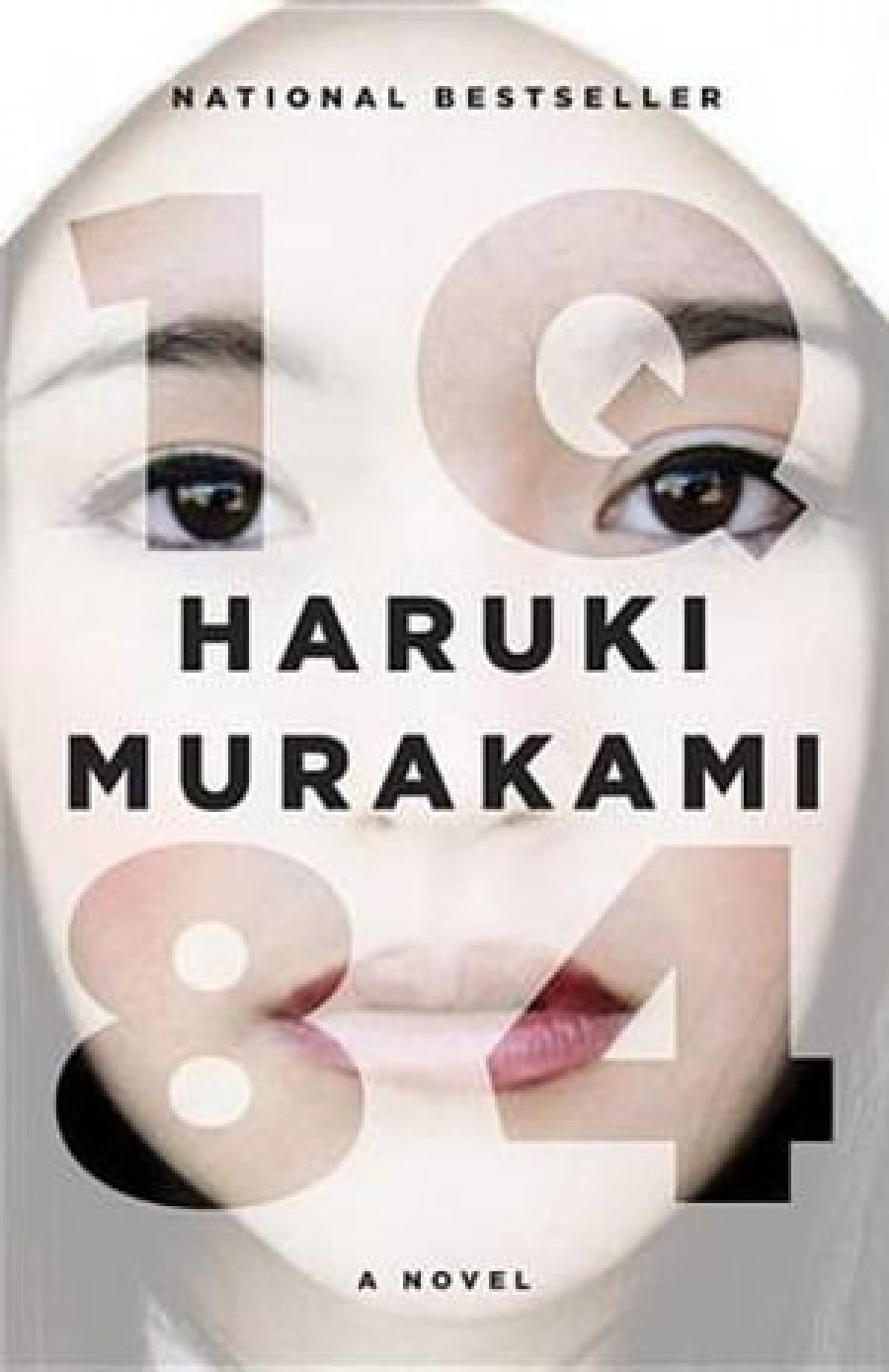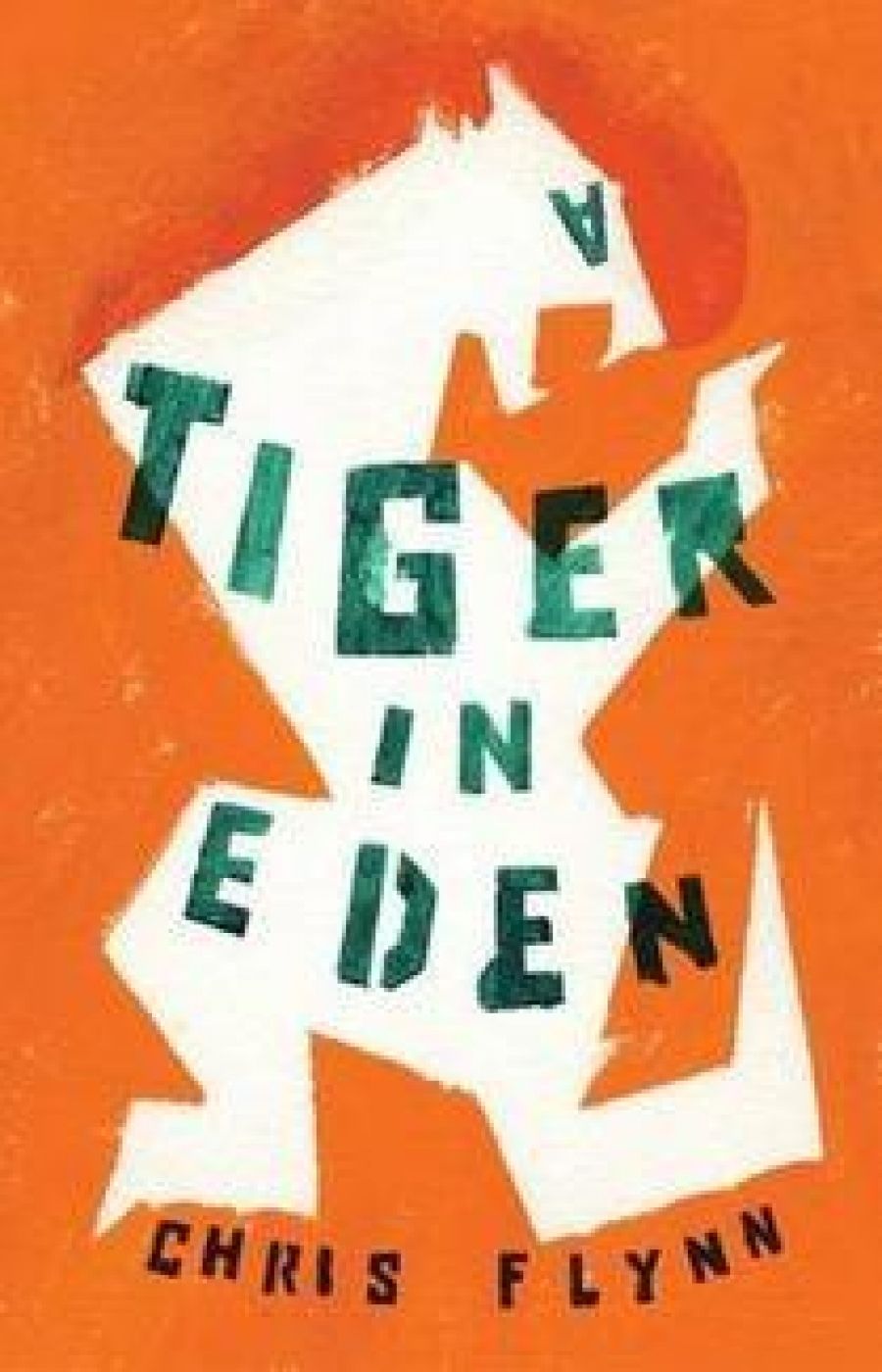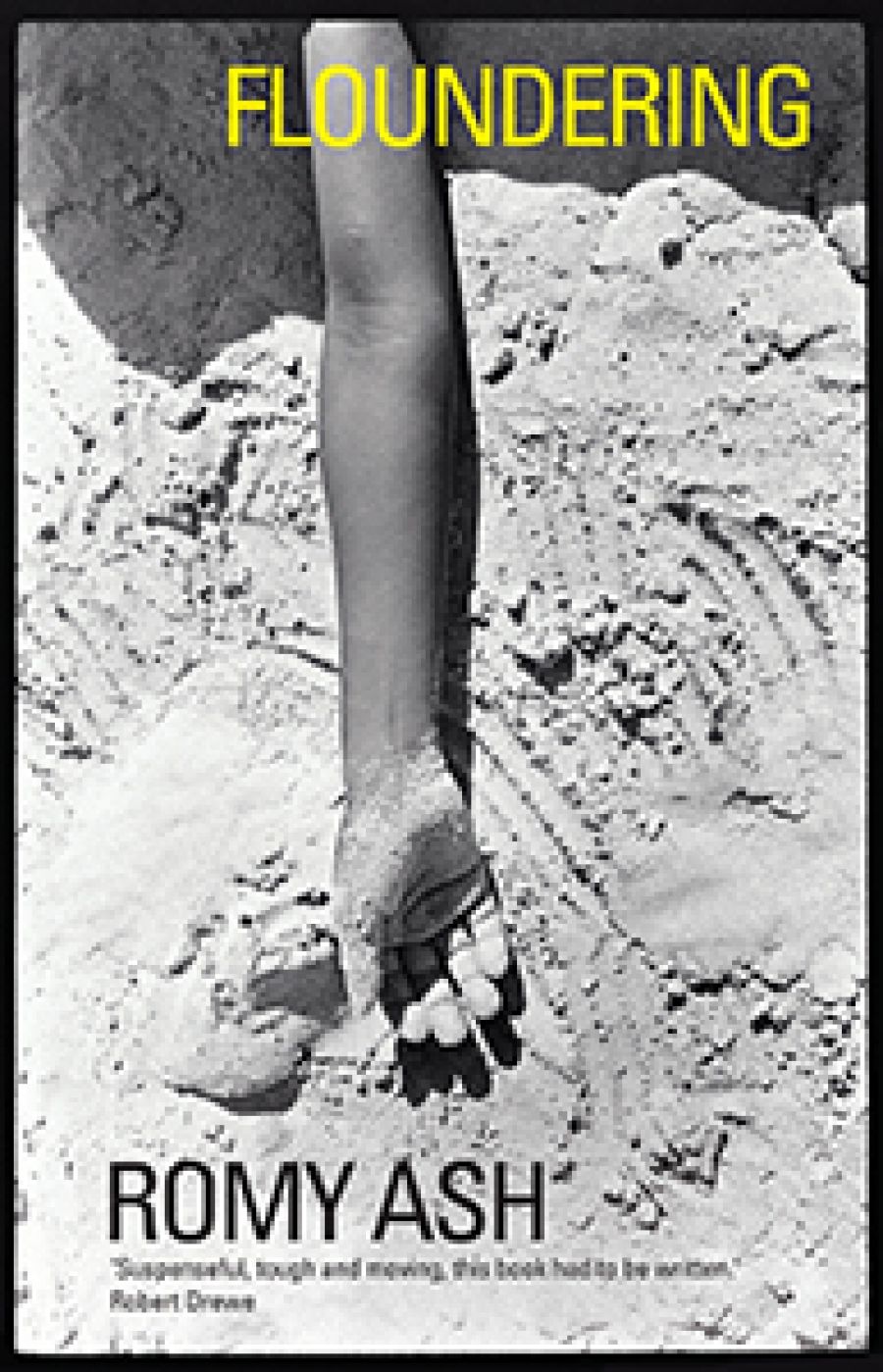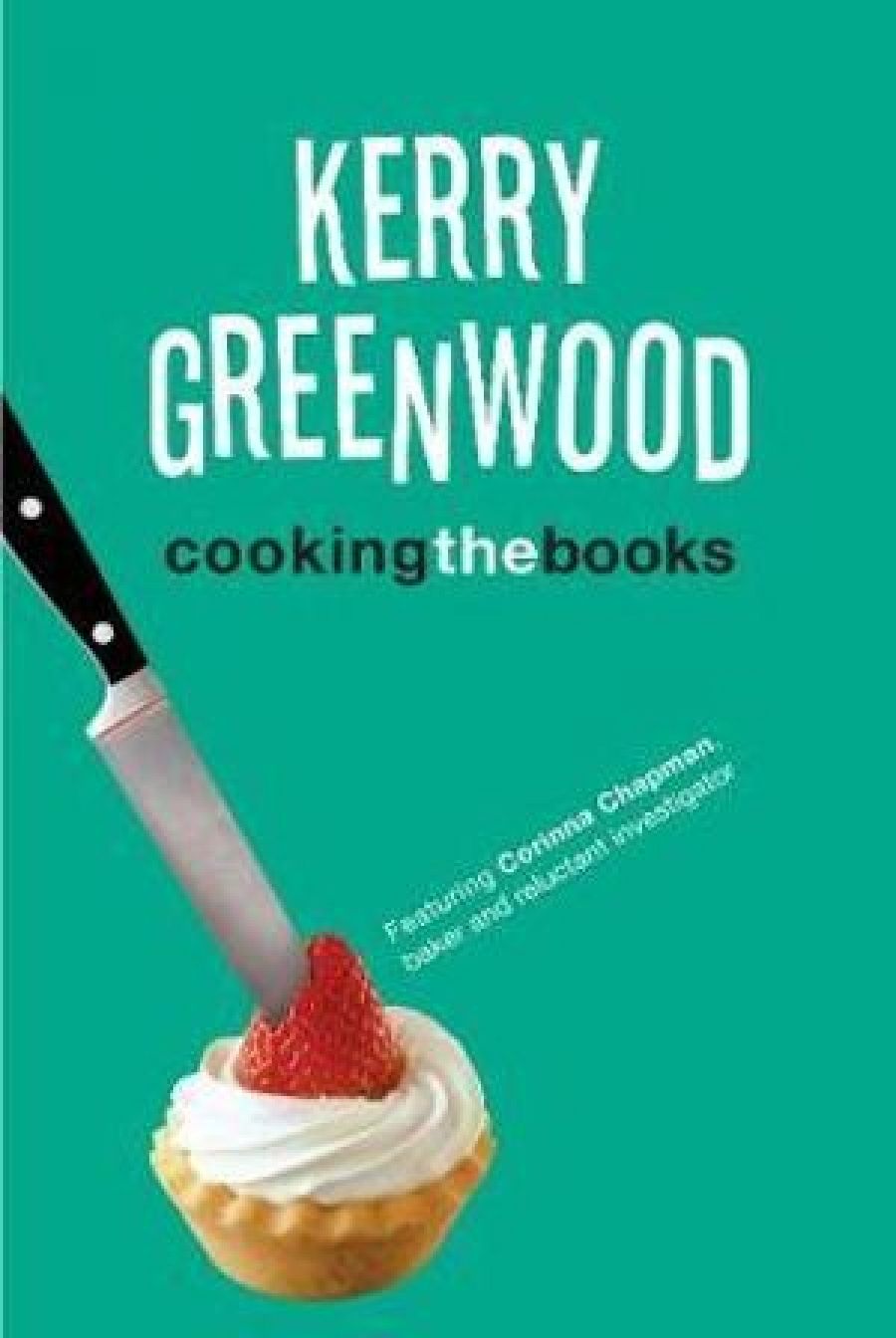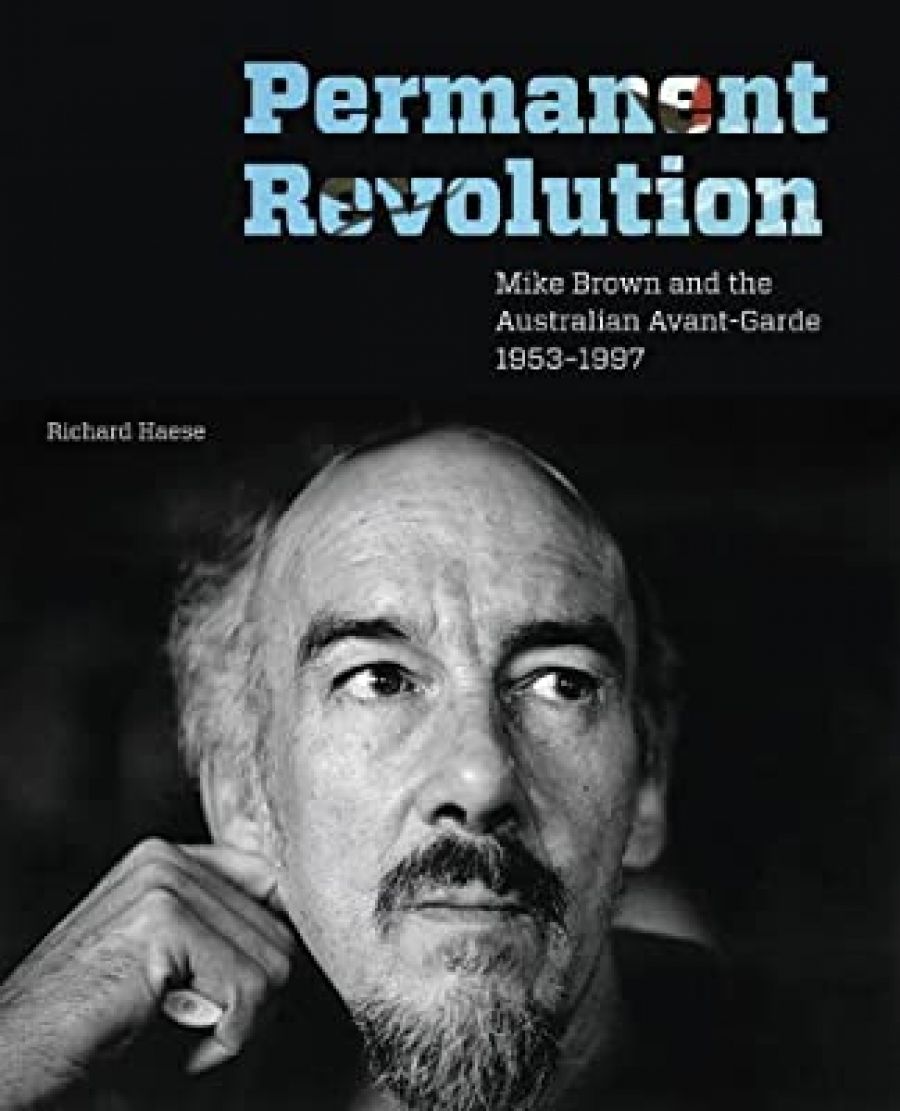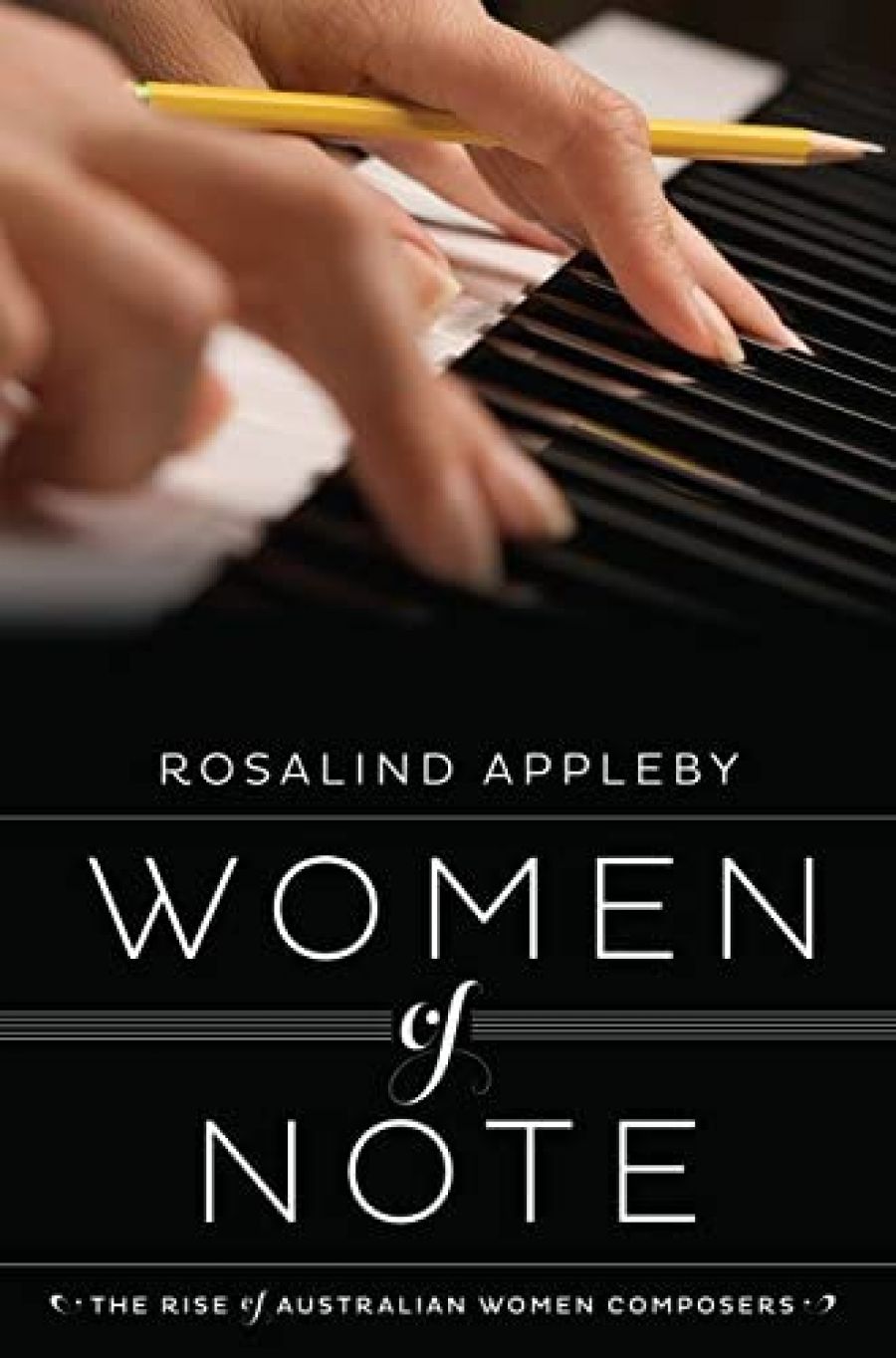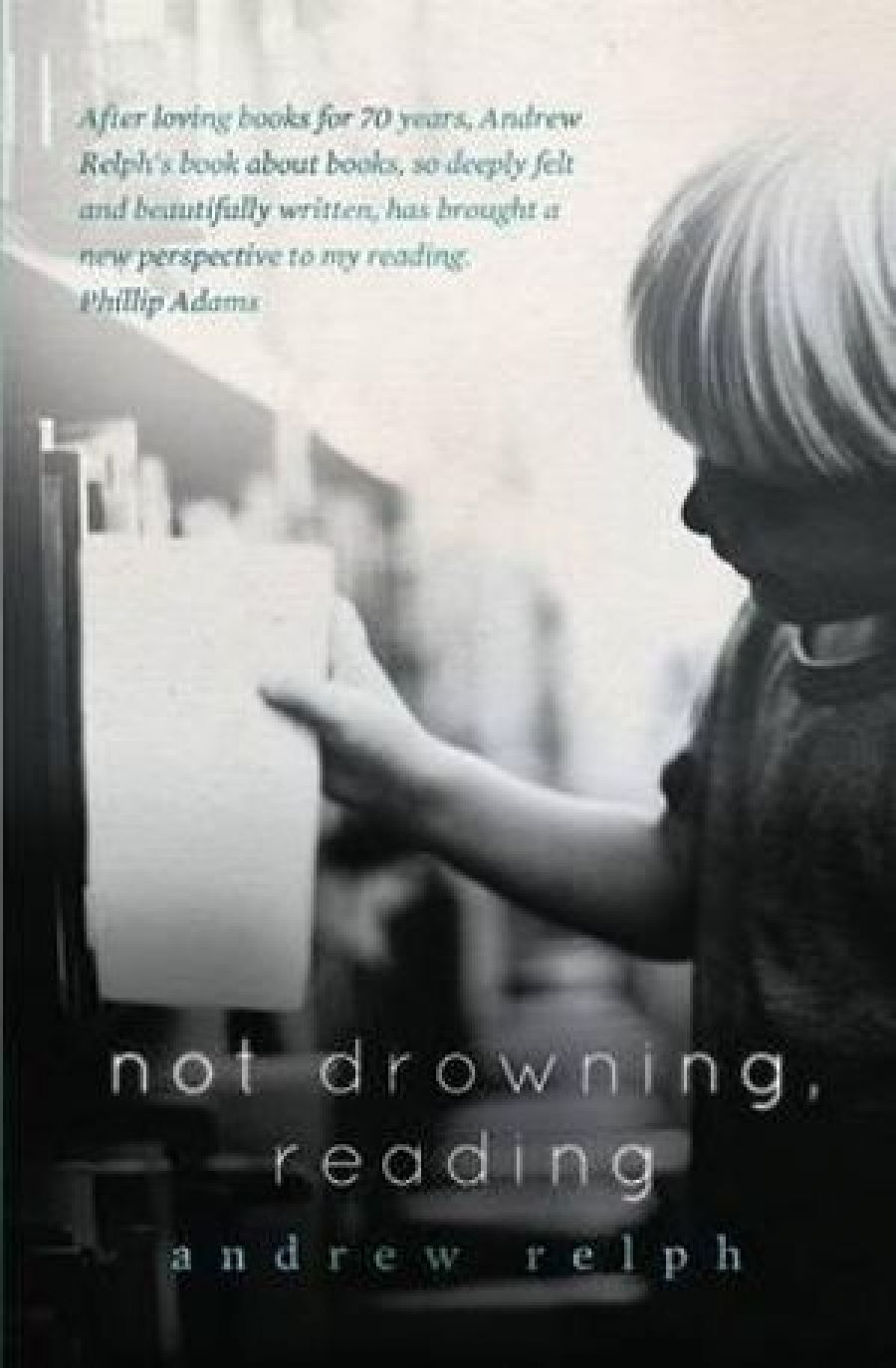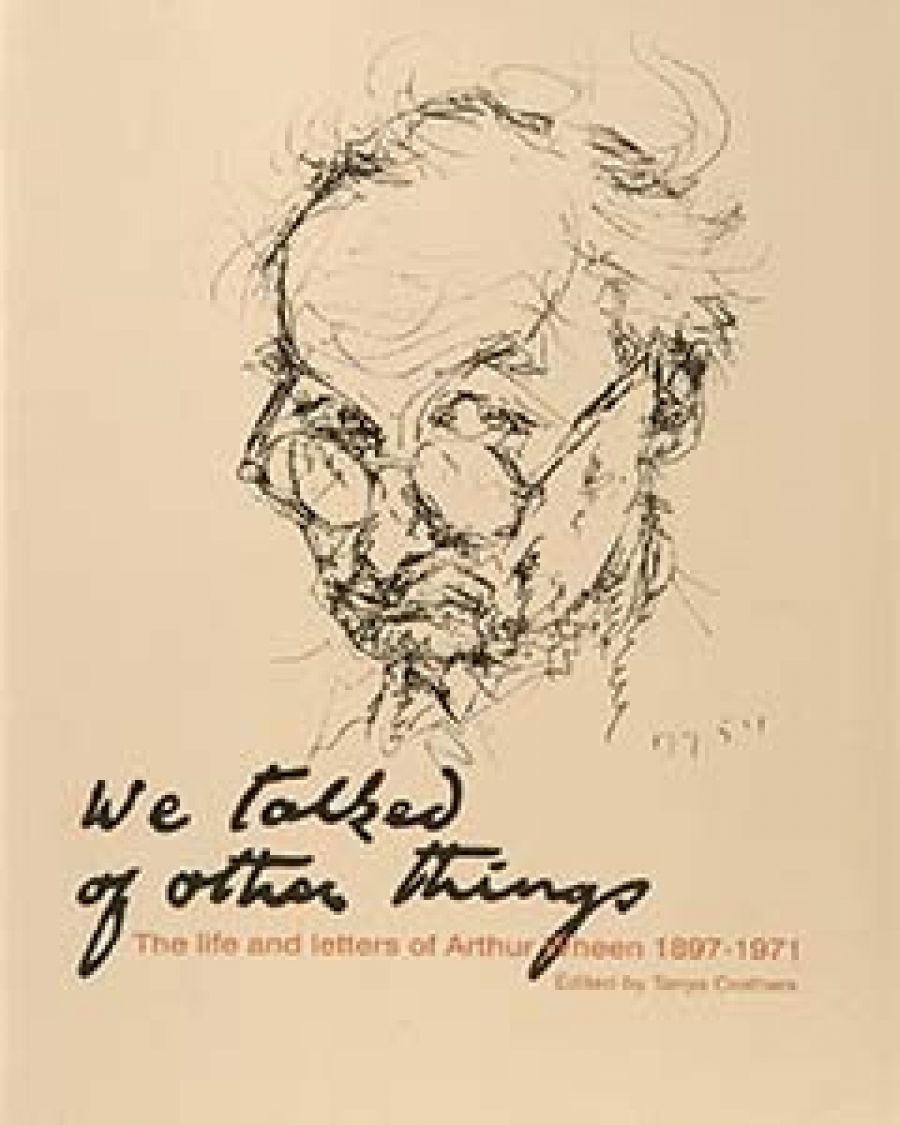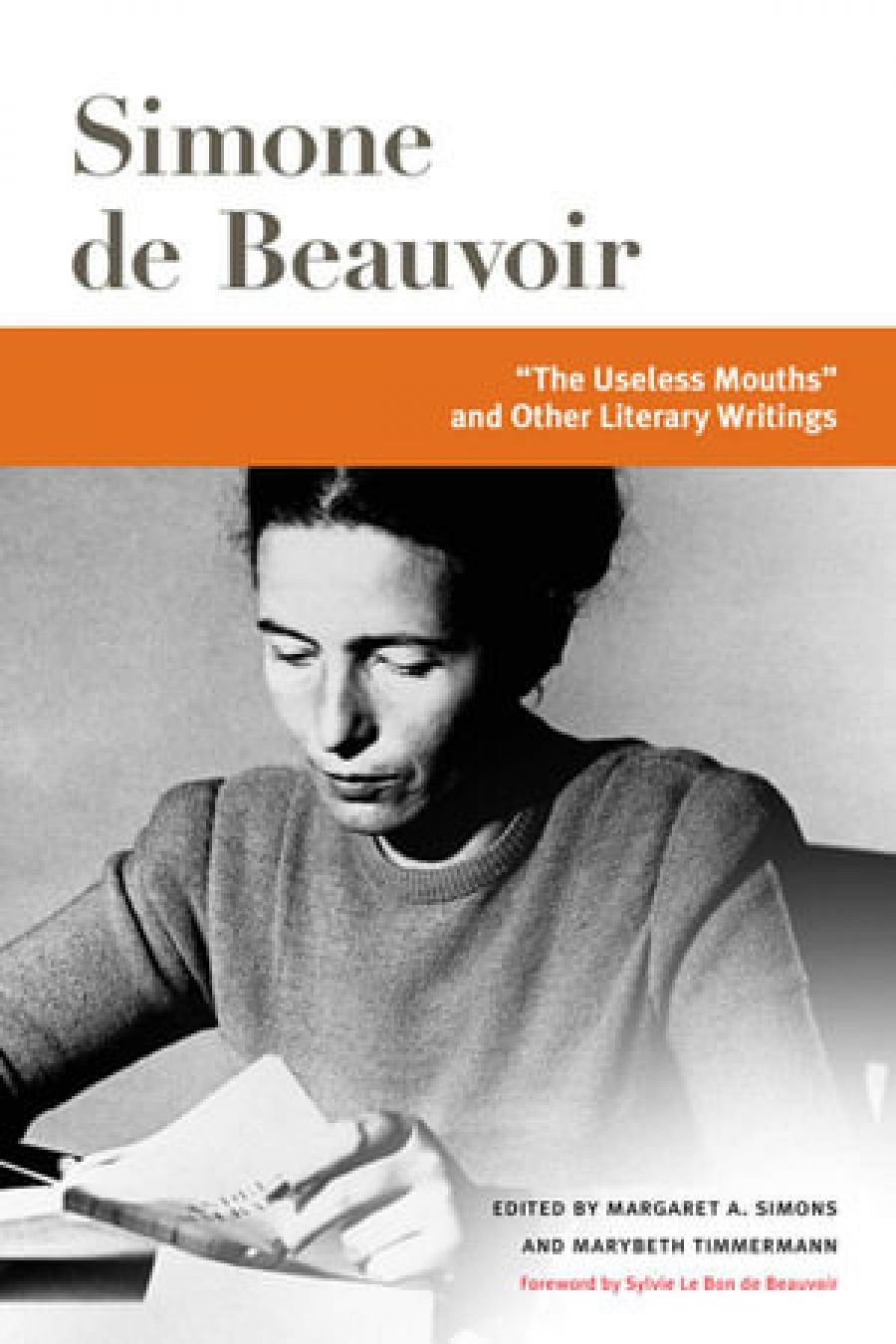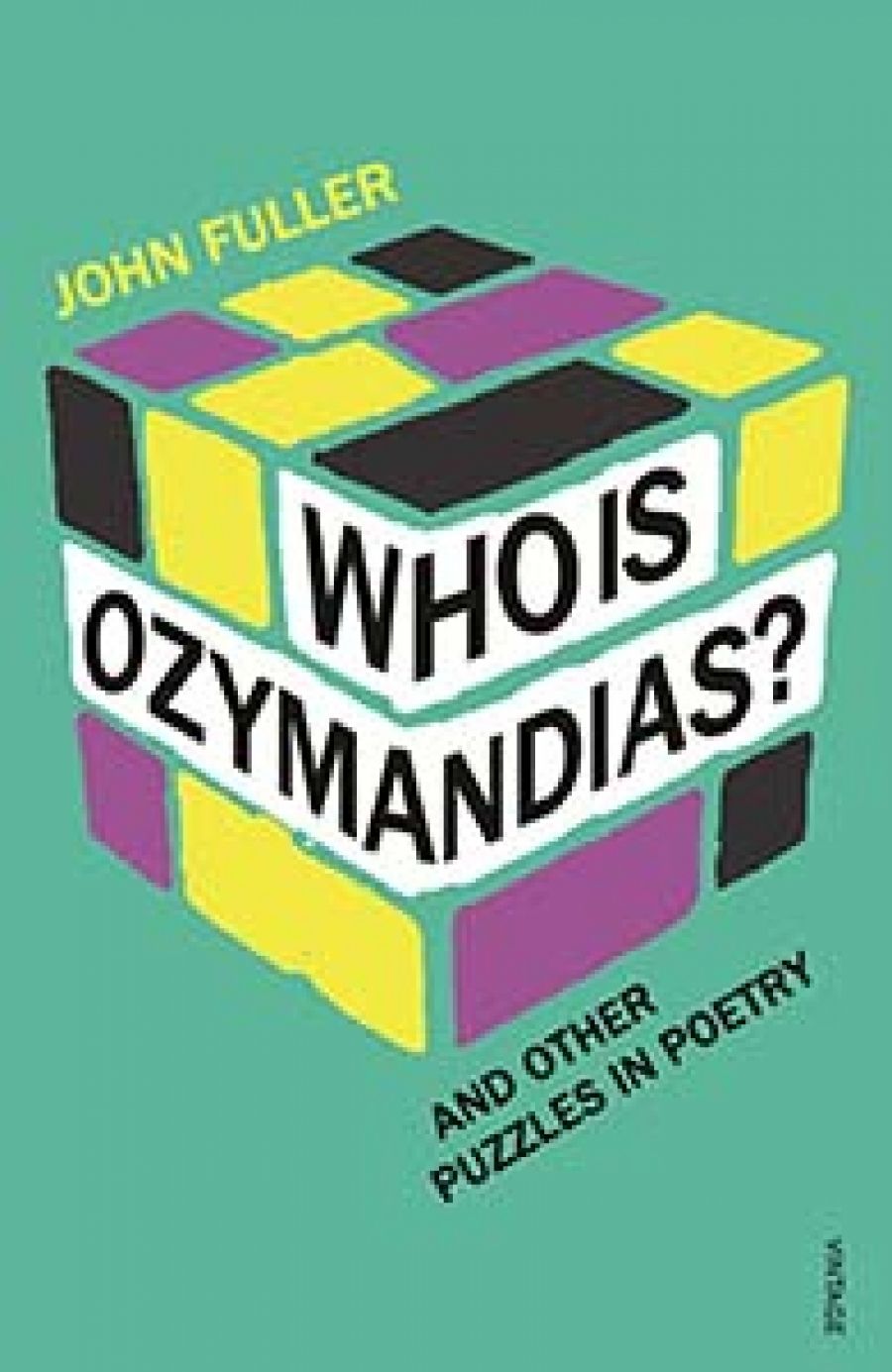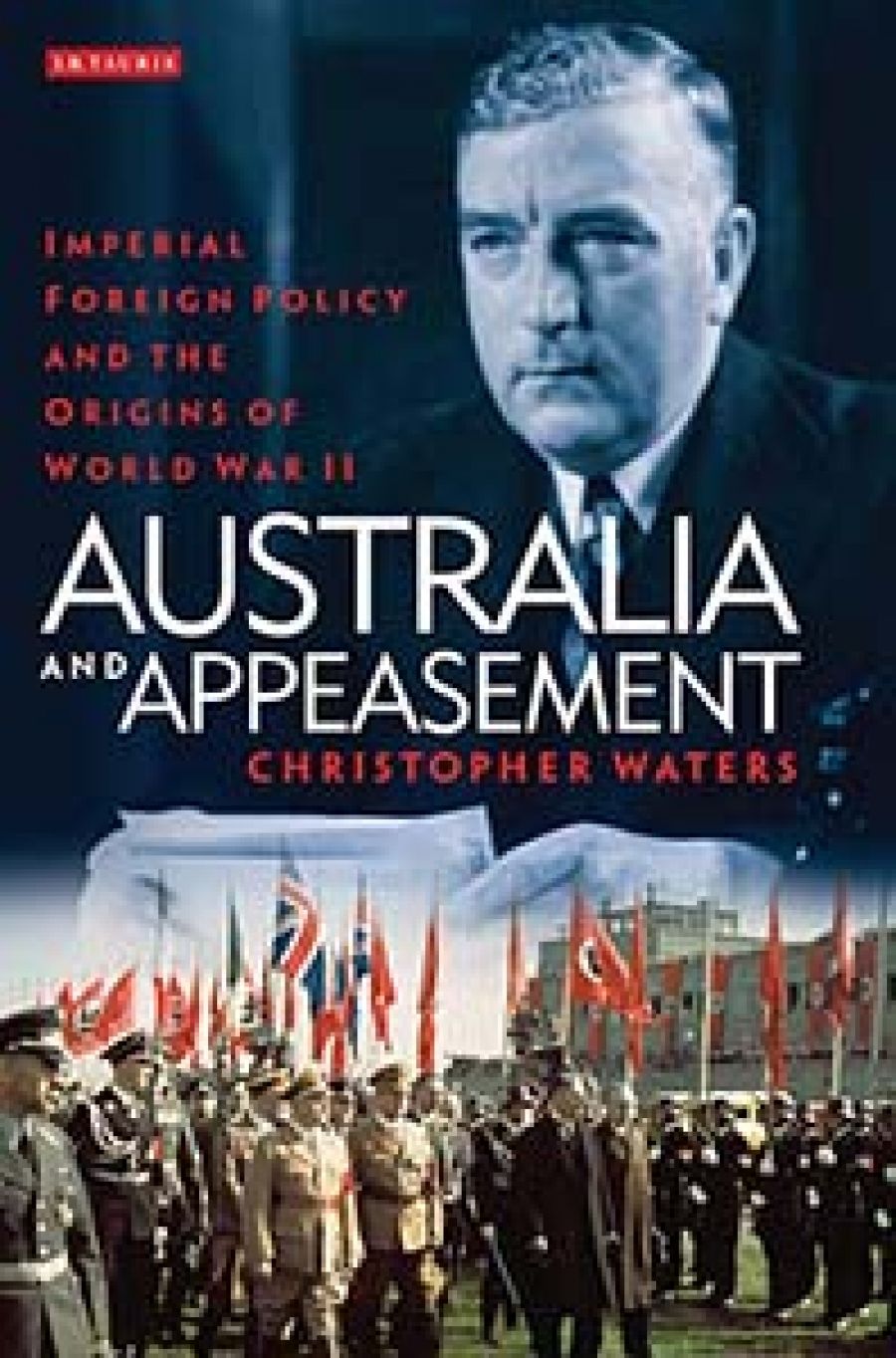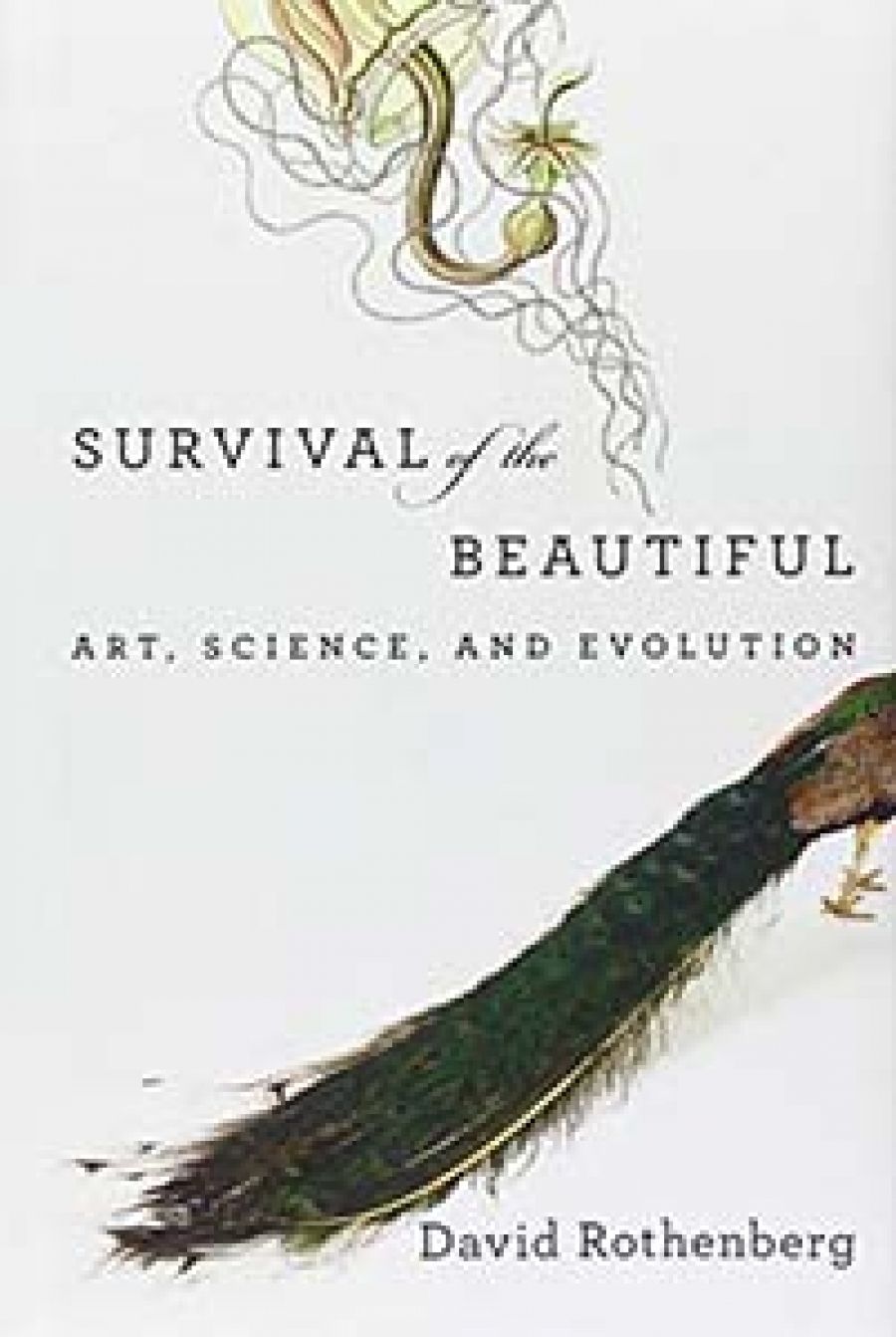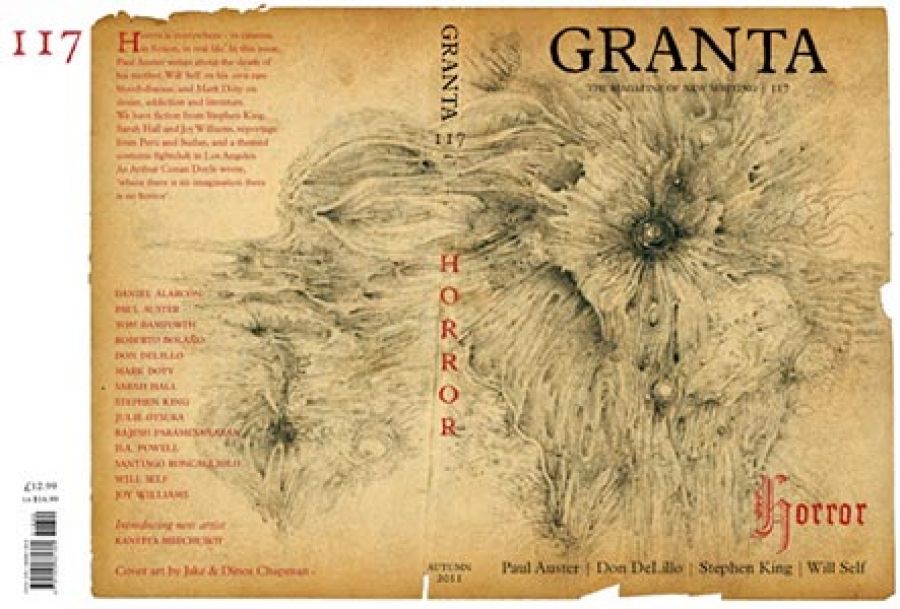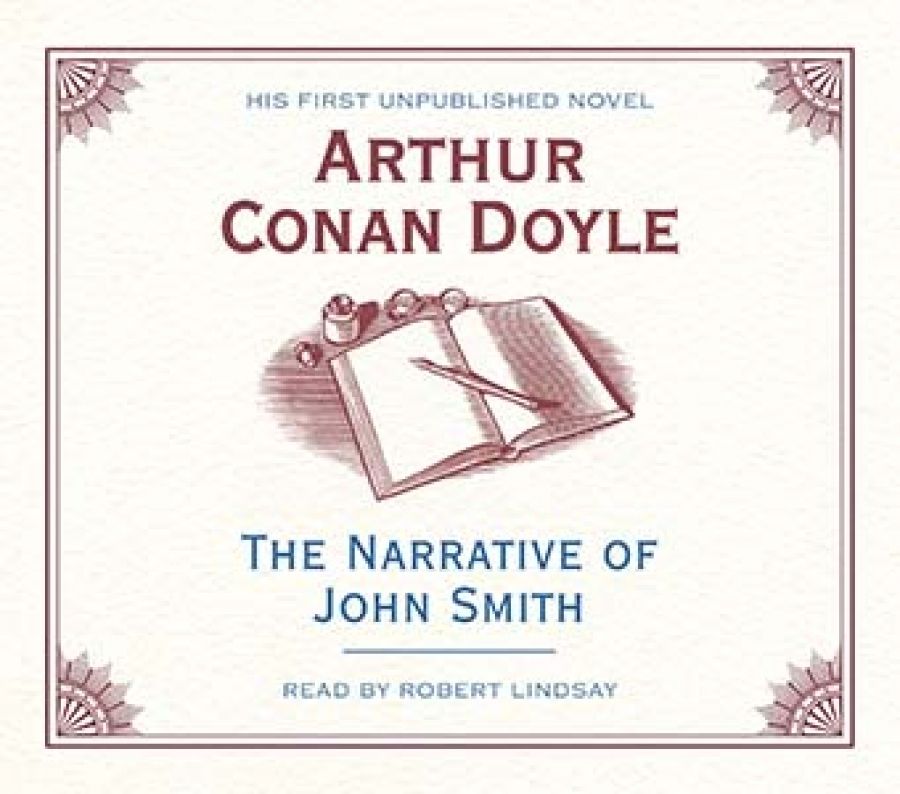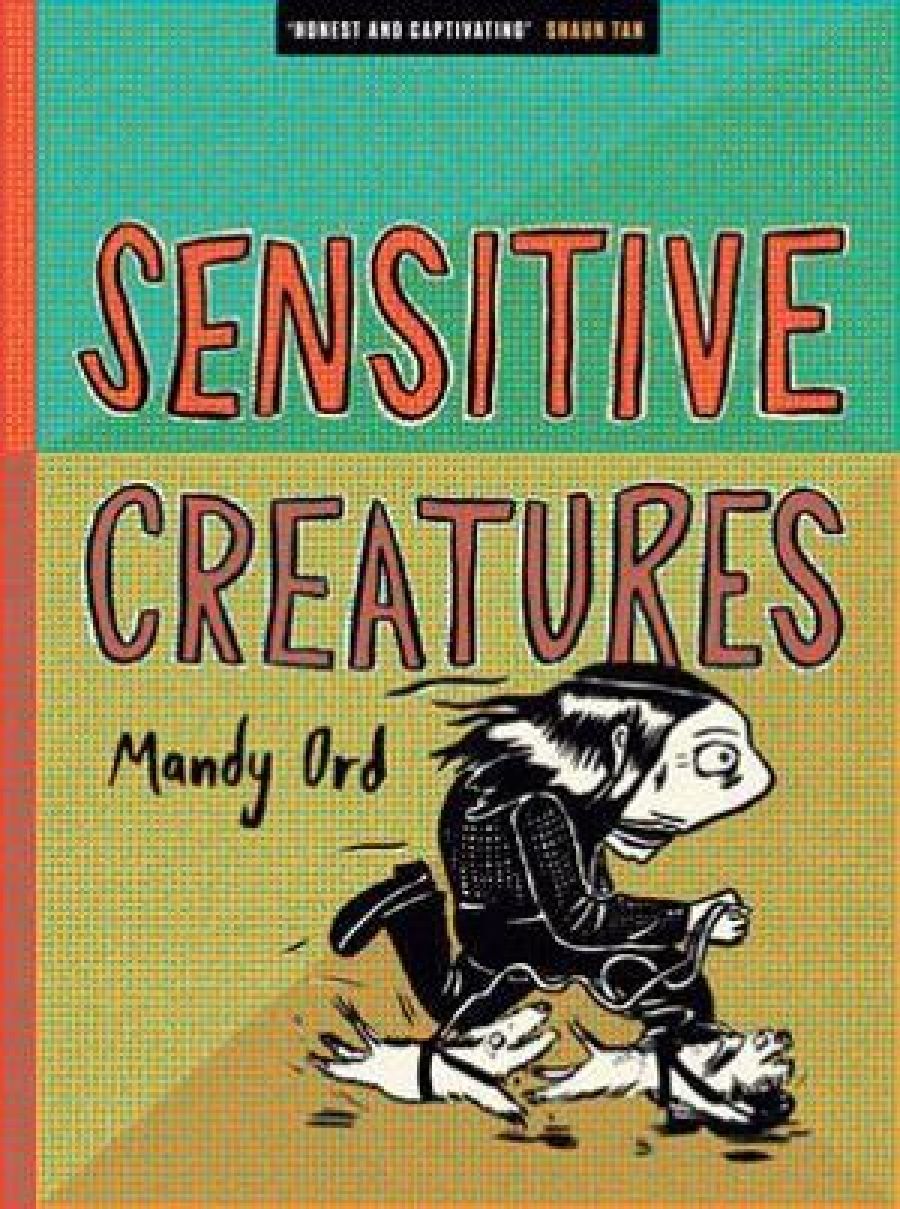Enter the Jolley Prize
Exponents of short fiction will have until 31 May to enter the ABR Elizabeth Jolley Short Story Prize. This year’s prize money is divided three ways. The winner will again receive $5000; the two place-getters will receive $2000 and $1000. Last year, the inaugural Jolley Prize attracted almost 1300 entries.
Multiple entries are fine. A separate entry form is needed for each entry, but please note that you can send us a single cheque (we don’t require separate ones). Past winners Gregory Day and Maria Takolander will judge the Prize with Mark Gomes, the Deputy Editor. The winners will be announced, and their short stories published, in our September Fiction issue.
Entry forms are also available online or via the ABR office: (03) 9429 6700.
ABR warmly acknowledges the continuing support of ABR Patron Mr Ian Dickson, who makes the Jolley Prize possible.
Peter Porter Poetry Prize
A final count revealed that we had received almost 800 entries in this year’s Peter Porter Poetry Prize. Our two judges, Judith Beveridge and David McCooey, have shortlisted five poems, which appear in this issue. The five shortlisted poets are Anne Elvey, Michael Farrell, Toby Finch, Gareth Robinson, and Annamaria Weldon.
Toby Fitch’s beguiling poem ‘Oscillations’ posed some challenges and prompted audacious thoughts of our first centrefold.
The winner of the Peter Porter Poetry Prize – which honours the great Australian poet (1929–2010) – will be named in the April issue.
Confessions
Don Anderson, in his forthcoming review of American critic Alfred Kazin’s brilliant journals, wonders if Peter Craven and Geordie Williamson are secret diarists. Peter Rose, our Editor, keeps a diary. Rashly perhaps, he has agreed to publish lengthy extracts from his 2011 diary. These extracts all relate to literary happenings: prizes, launches, festivals, travels, reading, commissioning, and a bewildering number of dinners. Far too lengthy (and frivolous) for publication in the print edition, they now appear in ABR Online Edition.
Online subscribers – and the many readers who access ABR Online Edition via universities and public libraries – will begin to see an increasing number of additional features and creative writing. We will post topical articles and reviews in the lead-up to their appearance in print form. Two features from the new issue – Claudia Hyles’s timely letter from the Jaipur Literary Festival, and John Rickards’s elegant review of the MTC production of Ray Lawler's Summer of the Seventeenth Doll– appeared online in February.
Beyond Calibre
Calibre winners – like the ABR Patrons’ Fellows – have a special status at ABR. Some of them have gone on to develop their winning essays in various ways. Elisabeth Holdsworth, our inaugural winner in 2007, chose to fictionalise parts of her family’s remarkable story in Those Who Come After, published by Picador.
Rachel Robertson, who shared the Calibre Prize in 2008, has chosen a more conventional path in her first book, a memoir of her son’s autism. The title is Reaching One Thousand. As in the original essay of the same name, the dialogue between mother and son (‘Ben’) is pitch-perfect and often poignant. Carmel Bird reviews Reaching One Thousand (Black Inc.) here. We have ten copies to give away to new or renewing subscribers.
Oz Lit is ‘rested’
Stephanie Guest’s article on the teaching of Australian literature at the University of Melbourne, which appeared last month, has generated much comment on our website and Facebook page – largely admiring and similarly incredulous. Ken Gelder, defending his department’s performance, assured us that Australian literature was merely resting in 2011. This month we publish letters from two senior colleague of his, Barbara Creed and Kevin Brophy, and a response from Stephanie Guest.
Peter Conrad
Peter Conrad – critic, memoirist, film and literary historian, famous polymath, one of Tasmania’s most brilliant exports – is our guest on Open Page. We will review Dr Conrad’s new and typically erudite study of Wagner versus Verdi in a coming issue.
Next month, he will review Patrick White’s fascinating, unfinished novella The Hanging Garden, which Random House is publishing in time for the centenary of White’s birth in May.
Decisions, decisions
This month’s pool of giveaways is unusually rich, even by ABR’s standards. We have ten signed copies of each of the following titles for prompt new subscribers: As I Was Saying, by Robert Dessaix (Random House) which Jane Goodall reviews here; Summer of the Seventeenth Doll, by Ray Lawler (Currency Press, see here), and Crimson Crop, a new poetry collection from Peter Rose (UWA Publishing).
A further twenty renewing subscribers will receive a double pass to the film Coriolanus – adapted from Shakespeare’s tragedy – starring Ralph Fiennes and Vanessa Redgrave (thanks to Icon Film). Call us now on (03) 9429 6700 to subscribe and nominate your preferred prize.


